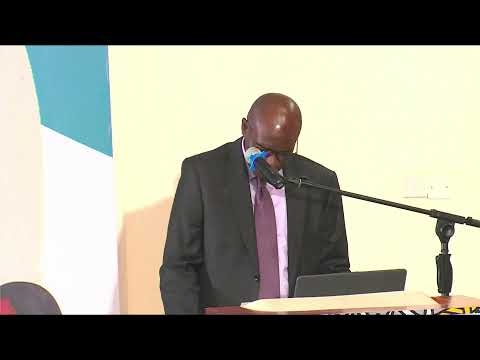High cost of medical abortion and lack of trained personnel in facilities are some of the factors that contribute to unsafe abortions in Ikolomani subcounty, Kakamega county.
Findings of a survey carried out by the WE REACH community-based organisation shows that many teenagers seek services of herbalists to procure unsafe abortions to rid unwanted pregnancies.
The survey conducted in Shiseso, Shibwe and Kilingingili health centres indicates that 24 teenagers accessed medical abortions in the three facilities between May and July this year.
It shows that 106 teen pregnancies were reported between June and August in the three facilities within the same period. 506 teenagers also accessed different contraceptives within the same period.
The survey attributed the unwanted pregnancies to rampant incest, early engagement in sex by young girls and poverty in Ikolomani. It found out that herbalists charge only Sh100 for an abortion.
The survey also found out that most health facilities lacked contraceptives for uptake by the young girls to avoid unwanted pregnancies.
For example, there were only 10 packets of condoms in the three facilities during the period of the survey.
Lack of knowledge on how to access sexual reproductive health services and the stigma associated with medical abortions also keeps young girls away from seeking medical abortions and end up in backstreet abortions that are riskier to their lives.
Disseminating the findings at Amalemba training institute on Tuesday, WE REACH director Erick Bosire said requirement of parental consent in the provision of family planning and medical abortions remains a major hindrance to access of the services by girls below 18 years.
It recommends need to address menstrual hygiene management among girls in schools.
A consortium of civil societies in the county submitted a memorandum to the Kakamega county assembly budget committee advising an increase in budgetary allocation to sexual reproductive health and family planning.
“There is need to empower women and in rural communities to ensure they are able to access SRH services including being able to buy sanitary towels,” Bosire said.
The organisation recommends engaging high schools and colleges, Community Health Volunteers (CHVs), barazas and religious leaders as an effective way of rising behavioural change among the youth to arrest rising early pregnancies.
-Edited by SKanyara
“WATCH: The latest videos from the Star”











